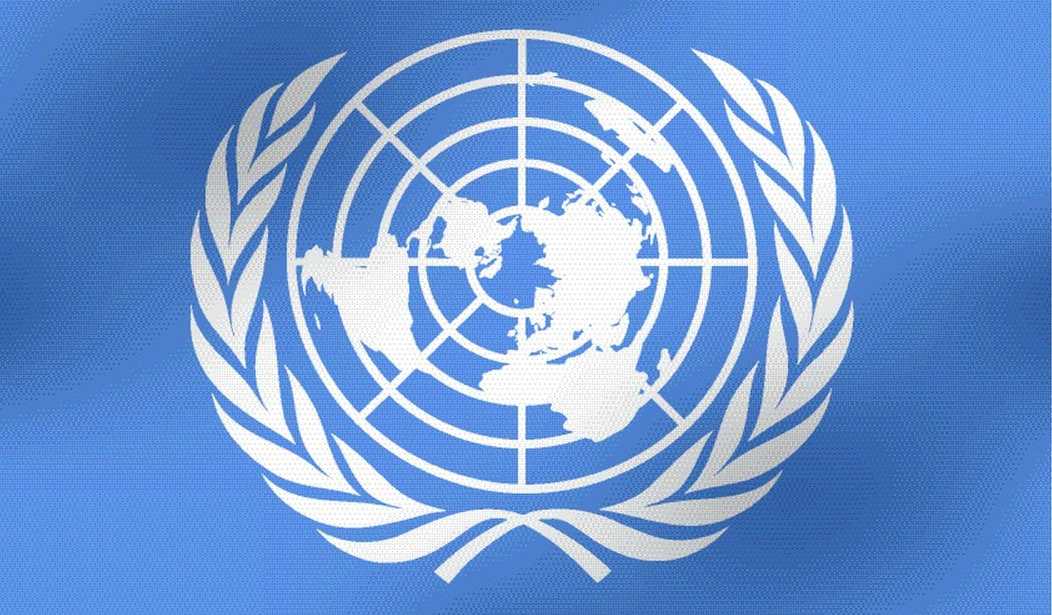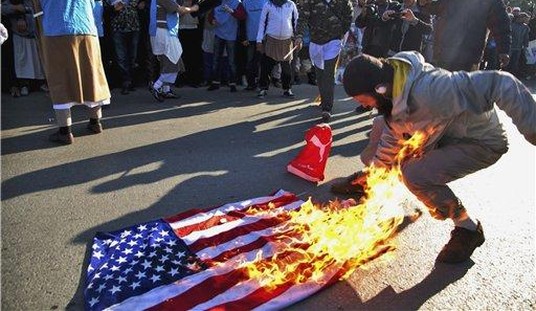A panel of experts who are monitoring Iran’s compliance with UN resolutions determined that Tehran violated a Security Council resolution that forbade Iran from testing a missile capable of delivering a nuclear warhead.
The report was sent to Security Council member states last week. It calls for additional sanctions to be placed on Iran for violating UN SC Resolution 1929.
The report puts the nuclear deal signed by Iran and 6 other countries in jeopardy. Iran has said that any more sanctions against it would scuttle the deal.
“On the basis of its analysis and findings the Panel concludes that Emad launch is a violation by Iran of paragraph 9 of Security Council resolution 1929,” the panel said in its report.
Reuters on Tuesday reviewed the 10-page report, which was dated Dec. 11 and went to members of the United Nations Security Council’s Iran sanctions committee in recent days. The report is expected to come up later on Tuesday when the 15-nation council discusses the Iran sanctions regime.
The report said the panel considers ballistic missiles capable of delivering nuclear weapons to be those that can deliver at least a 500 kg payload within a range of at least 300 km.
“The Panel assesses that the launch of the Emad has a range of not less than 1,000 km with a payload of at least 1,000 kg and that Emad was also a launch ‘using ballistic missile technology’,” the report said.
The launch took place on Oct. 10, according to the report. The panel noted that Iranian rocket launches from 2012 and 2013 also violated the U.N. ban on ballistic missile tests.
The U.N. report could put President Barack Obama’s administration in an awkward position, since Iran has said that any new sanctions would jeopardize a July 14 nuclear deal between Tehran and six world powers. But if Washington failed to call for sanctions it would likely be perceived as weakness.
Diplomats say it is possible for the U.N. sanctions committee to blacklist additional Iranian individuals or entities, something Washington and the Europeans are likely to ask for. However, they said Russia and China, which dislike the sanctions on Iran’s missile program, might block any such moves.
Republicans in Congress who disapprove of the Iran nuclear deal are likely to seize on the U.N. panel’s findings as grounds for additional congressional U.S. sanctions.
While ballistic missile tests may violate U.N. Security Council sanctions, council diplomats note that such launches are not a violation of the nuclear deal, which is focused on specific nuclear activities by Iran.
Will Iran make the same determination and not count these sanctions due to its missile tests?
So-called “hardliners” in the Iranian government have indicated they will scuttle the deal if any sanctions are added. Supreme Leader Khamenei said that all sanctions must be lifted before Iran abides by the terms of the deal.
This leads one to believe that western governments will fold and not apply additional sanctions because of the missile tests. At least, they probably won’t be referred to as “sanctions,” but rather “blacklisting” or some other ill-defined term.
Khamenei may wish to test the U.S. and threaten to deep six the deal if any sanctions — no matter what they’re called — are imposed on Iran. President Obama is an expert at groveling so we can assume he will relent and give in to the Iranian demands.
Boy, that nuclear deal is looking better and better, isn’t it?










Join the conversation as a VIP Member